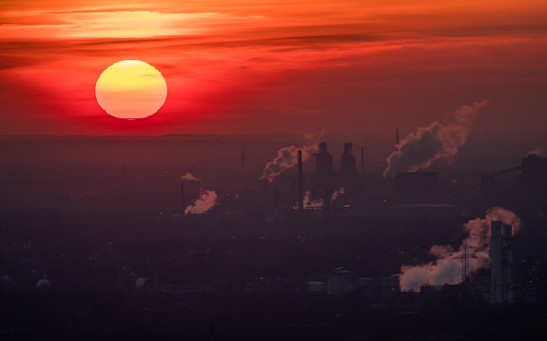United Nations Climate Change Forum
Manmade Structures in Waterways Are Severely Damaging Ecosystems
The Paris Climate Summit Is A Step Closer To Solving Global Warming
UN Climate Talks in Paris, France
Don’t Believe In Climate Change? NOAA Says 2014 Brought Hottest Summer To Date
Study Shows Volcanoes May Be Causing Global Cooling
NASA—How Tropical Rainforests May Help End the Climate Change Issue
How Small Farmers May Make a Mark on the Climate Issues Facing Earth
Most Popular

How Technology Is Changing the Real Estate Industry?

How a Plant-Based Diet Can Protect Against Breast Cancer: Insights from Nutrition Research

Study Reveals High Turnover in Scientific Research Careers: What This Means for Future Scientists

Why It's So Difficult to Lose Weight: The Biological Explanation Behind Obesity






